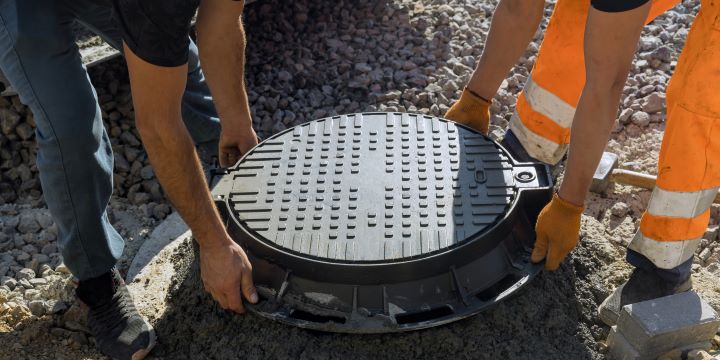Key Takeaways
- Early signs indicate the need for timely septic system repair.
- Regular maintenance is crucial for septic system longevity.
- Professional intervention is often necessary for complex repairs.
- Technological advancements aid efficient and environmentally friendly repairs.
- Proactive care and choosing exemplary service extend the lifespan of your septic system.
Table of Contents
- Introduction to Septic Systems and Their Importance
- Signs That Your Septic System Might Need Repair
- The Basics of Septic System Maintenance
- How Environmental Factors Affect Your Septic System
- DIY Versus Professional Septic System Repairs
- The Process of Professional Septic System Repair
- Choosing the Right Septic System Repair Service
Introduction to Septic Systems and Their Importance
A home’s sanitation network is an unseen but essential infrastructure, and at its heart lies the septic system. This onsite setup is ingeniously designed for homes situated outside urban sewer lines. It processes and purifies wastewater using a combination of natural and mechanical components. An effective septic system safeguards the home environment from untreated waste and plays a significant role in public health and local ecosystems. Unfortunately, many homeowners only pay attention to this critical system when trouble arises, underestimating how disruptive a failing septic system can be to daily life.
Signs That Your Septic System Might Need Repair
Awareness of septic system conditions is pivotal in avoiding troublesome breakdowns. Warning signs can be subtle but escalating: slow-draining sinks, sinister odors escaping from drains, or even sewage surfacing in the yard – all are cries for help from an ailing septic system. Unusual noises from the plumbing could also suggest obstructions within the system. These symptoms may indicate a range of problems, from blockages to more severe system failures, and acknowledging these signs promptly can be the difference between routine maintenance and a large-scale septic system repair.
The Basics of Septic System Maintenance
Maintenance habits dictate the health of your septic system. Vigilant homeowners practice common-sense housekeeping, mindful water usage, and savvy product choices to ensure the longevity of their systems. From avoiding excessive garbage disposal use to ensuring non-biodegradable products never enter the system, small changes make a big difference. Moreover, professional inspections are recommended at least every three years. By keeping an eye on the health of your septic system, you not only prevent inconvenient disruptions but also protect the environment from potentially harmful leaks.
How Environmental Factors Affect Your Septic System
The world outside your doorstep directly impacts the underground workings of your septic system. Factors like soil composition can drastically affect the leaching field’s ability to manage effluent. Certain soil types, like clay, may hinder filtration, causing backup issues. Conversely, sandy soil might accelerate the filtering process but increase the risk of groundwater contamination. Extreme weather conditions such as heavy downpours or flooding can also test the system’s durability, leading to potential malfunctions that can disrupt your household’s tranquility.
DIY Versus Professional Septic System Repairs
While taking initiative in household repairs is commendable, issues on septic tanks often call for a professional touch. Though well-intentioned, the complexity of these systems means that DIY efforts can sometimes do more harm than good. A skilled technician brings expertise and ensures that repairs meet health and environmental standards. However, for best practices and when to seek professional advice is an excellent starting point for homeowners seeking to expand their knowledge and capability.
The Process of Professional Septic System Repair
A reputable repair service will conduct a comprehensive assessment to unearth your septic system’s precise difficulties. This could range from simple fixes, such as clearing a blockage, to more demanding challenges, like repairing a leak or replacing a damaged tank. The repair process should always begin with a detailed inspection conducted by licensed professionals who can explain issues clearly, discuss viable solutions, and offer up-front cost estimates.
Choosing the Right Septic System Repair Service
Selecting an expert for your septic repair is as important as the repair itself. Look for accredited companies with a proven track record. A service provider should be forthcoming about their methods and transparent with their pricing—no one appreciates hidden costs. Leveraging reviews and word-of-mouth referrals can significantly aid in finding a reliable septic repair service. They back up their work with guarantees and provide thorough post-repair instructions for ongoing maintenance.




